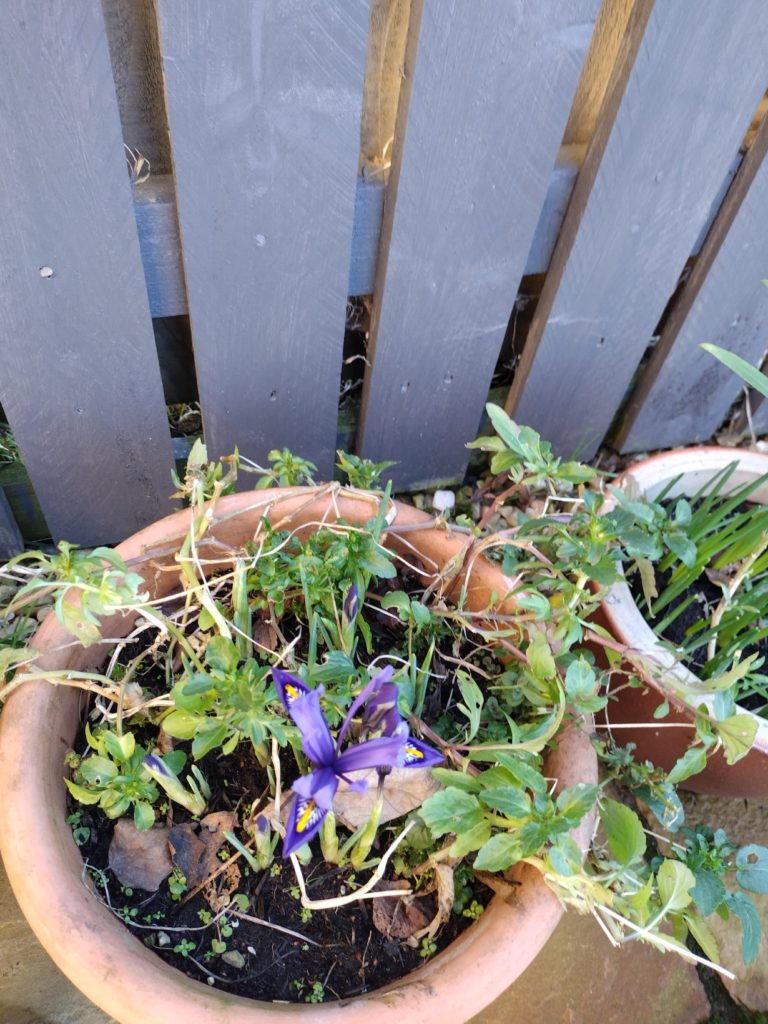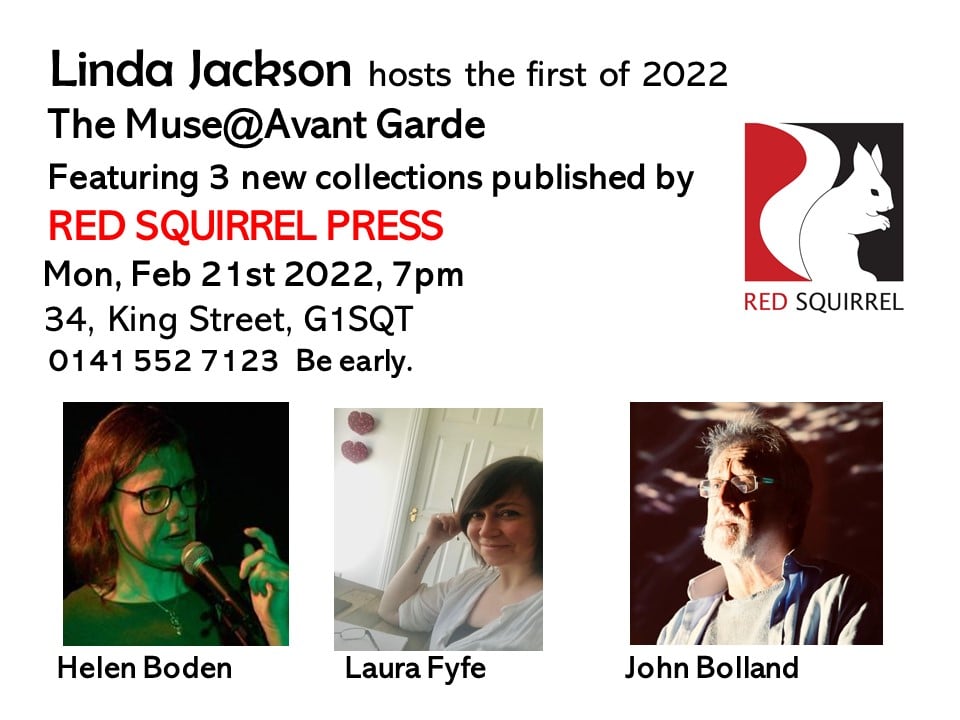
The news this week is awful. The Ukraine disaster is too big for me to process, much less comment on, but the news about universities is something else. For a long time, universities have treated their teaching staff badly, with poor wages, short-term contracts, hours of unpaid overtime and late payment of expenses. If you could go the pace, this was compensated for, to some extent, by paying into a reasonably good pension scheme that was continuous across the whole sector. Up to now. This week, that went.
At the same time, the government plans to restrict access to university to those with GCSE’s in Maths and English, which discriminates against students with specific learning disorders or non-scholastic backgrounds, cap the number of university places available, and spread the repayment of student loans across forty years instead of the current thirty.
I imagine the sciences will survive, somehow. But this is an all-out attack on the teaching of arts and social sciences. They will become the exclusive playground of the wealthy and privately educated. We are looking at a new Dark Age. The Vandals are at the gates, and it looks as if practical experience and exposure to the arts will be lost to 90% of the population.
Well, no. Not quite. The usual routes are closed, but this is not a situation that is unfamiliar to people of working-class heritage, especially if you have Irish roots. In penal times, it was forbidden to teach a Catholic to read and write, and the Irish set up guerrilla ‘hedge schools’ to teach boys in secret. My great-great-great grandmother (the first Honora in my poem We Carry Our Grandmother’s Ghosts) allowed her barn to be used in this way. Scholars from these schools went to France and Spain to train as priests, and some of them arrived among the best-qualified of their year. Many working-class communities in the north of England, set up study groups and evening classes, often with the support of the Non-Conformist and local Catholic churches. Both my great grandfather, a Catholic) and my husband’s great-grandfather (a Congregational Minister) were heavily involved in the setting up of schools for working class childeren in their areas of Liverpool and Southport. My father benefited from organisations like these, having missed out on a scholarship to grammar school because his father couldn’t afford the uniform, and was able to finish with post graduate qualifications in Adult Education. He was passionate about on-going training for adults in industry, and many of his diatribes about British attitudes to their workforce come to mind to this day.
The Folk Revival of the sixties and seventies wasn’t just archaeology by the middle classes nostalgic for Merrie England – it tapped into a reservoir of genuine surviving traditions, music played, sung and taught within communities, (particularly in Ireland and Scotland) with high standards of musicianship that are now recognised by academic institutions like the Royal Scottish Conservatoire, where traditional music is taught alongside Classical – and some very interesting crossovers are happening. The brass band culture of northern England and the choral singing tradition of Wales provided high standards of musical training that mainstream culture seems to have denied.
We are going to have to go back to those times. It is time for those of us who got the education (especially if, like me, you are from the generation that got grants to go to university) to share what we’ve got. There are cautions to this. It isn’t going to be as easy to validate teaching if you can’t just refer to a university board, so we’re going to have to learn some skills in discrimination, and fast. Plus teaching takes time and is work, which must be properly rewarded. But I notice a lot of people who have quit academia are putting on courses, running workshops, setting up retreats and if the living is still precarious, it isn’t quite so stressed. Students don’t have to make the same commitments either of time or money, and many go out of their way to make courses accessible to disabled people or people who can’t afford to pay commercial rates. We just have to get past the idea that only full-time ‘professional’ working counts, that only a degree can prove your talent.
And what am I going to contribute? It’s hard to say. I have limitations on my time, my health (and constraints from my family’s health). I don’t quite know what I can commit to. But I have a library, which is full of books I would be willing to lend. I’m up for using my newsletters to share material that might be useful (feel free to make suggestions!). And I’ve signed up to the Rebecca Swift Foundation’s Women Poets Network, which might enable me to help out. It is based in England and seems to make some strange assumptions about Scotland, but I’m hoping it might create opportunities to light a few lamps as we go into the dark.

